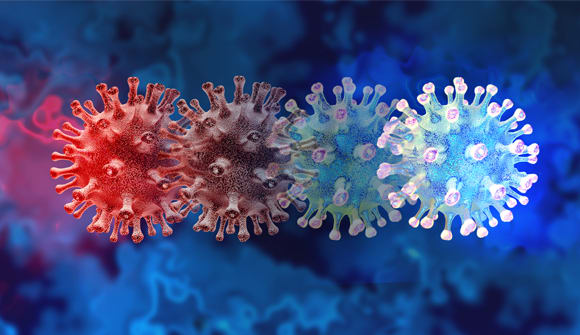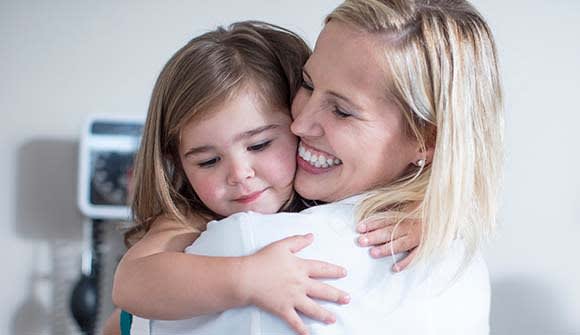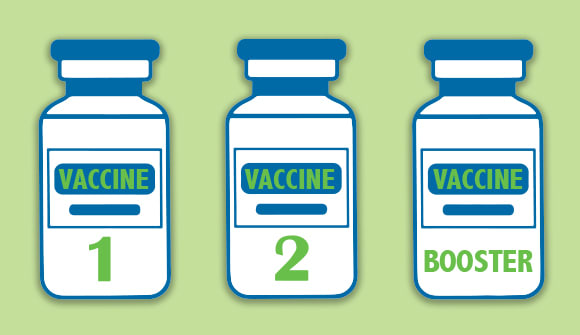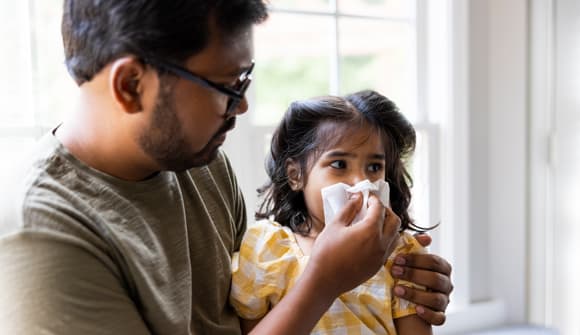Virology 101
How viruses mutate to form new variants.
Article Date:

What will it take to conquer the highly transmissible COVID-19 delta variant? Vaccines are our best protection. How about a back-to-school virology refresher to explain why?
Viruses aren’t living, rather they need a host (i.e. you) to survive. Once the virus that causes COVID-19 has infected someone, its genetic material, called ribonucleic acid (RNA), reproduces quickly and without a checking mechanism, so errors (mutations) occur.
“They are like naturally occurring misprints or typos," explained Shalika Katugaha, MD, system director of Infectious Diseases for Baptist Health.
The change game
Viruses, given hosts to infect, will mutate through one of two ways:
- Antigenic drift: The virus goes through random copying errors that can lead to alterations. The mutations that spread are the ones that enable the virus to escape from vaccines and treatments. In this longer process of natural selection, the viruses drift away from the original strain. This is the origin of the COVID-19 delta variant.
- Antigenic shift: Two different strains infect a host cell at the same time and combine, which is a faster process. When this happens, it is called a novel virus. One way this shift can happen is when a virus in animals gains the ability to infect humans. These animal-originated viruses look very different than the same subtype in humans, but the two can combine in a third animal to form another strain, or the animal strain can jump directly to the human. These shifts lead to pandemics.
If the virus continues to have hosts to infect, it will continue to mutate.
“It’s not possible to prevent a virus from changing, but we can reduce the chances by decreasing the number of possible hosts through vaccinations,” Dr. Katugaha said. “The number of COVID-19 variants is manageable right now. The amount of strains is not the biggest concern when we think of this virus. Rather, it is how transmissible the virus is, especially the delta variant, that worries us most. There are many unknowns about delta in terms of virology and what makes it so much more infectious.”
Vaccines reduce viable hosts
As more individuals get vaccinated against COVID-19, the virus has fewer people to infect.
“The vaccine reduces the chance of a vaccine-resistant mutation getting hold of our community. Widespread vaccination is the only way to prevent new variants from forming,” Dr. Katugaha said. “The good news is, the vaccines work against the variants we know of. The best thing we can do is get everyone vaccinated, now. Unvaccinated individuals are breeding grounds for the virus to spread.”
The vaccine creates neutralizing antibodies that prevent the virus from entering the cells.
“If you are fully vaccinated and get a so-called breakthrough case, you already have antibodies that recognize the virus and fight it, so there will be less replication. That translates into less severe symptoms and shorter time potentially spreading the virus to others.” Dr. Katugaha said.
At Baptist Health, we want to help keep our community informed about COVID-19. For more information about COVID-19 vaccines, visit baptistjax.com/covid19vaccine. Click here to find a vaccination location near you.



